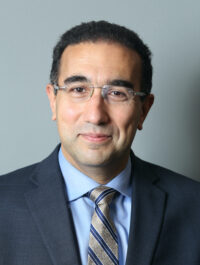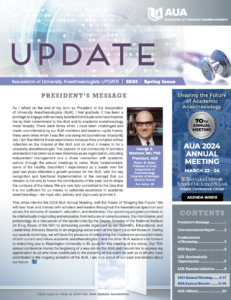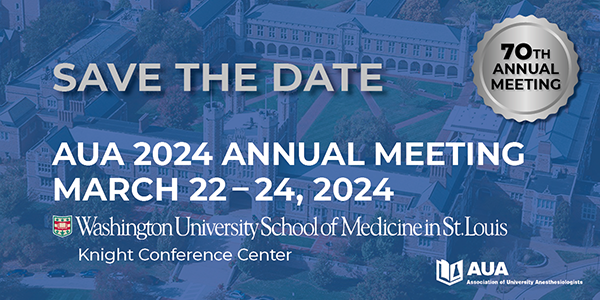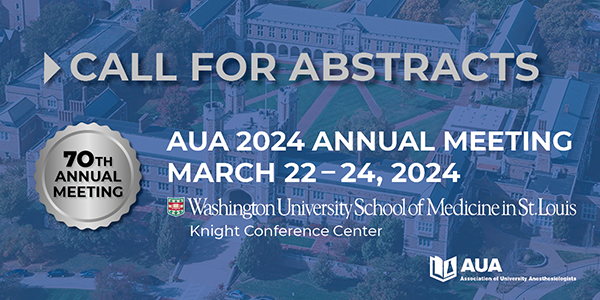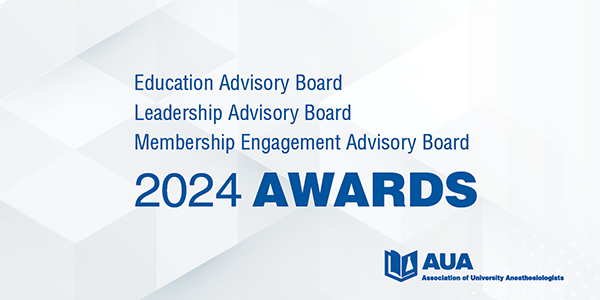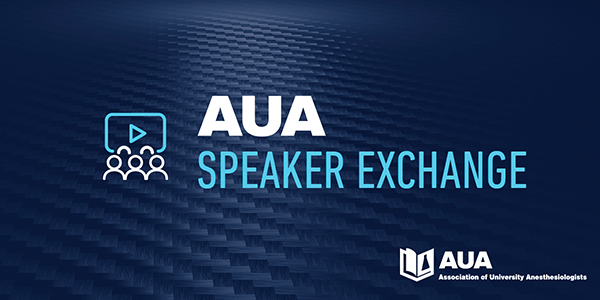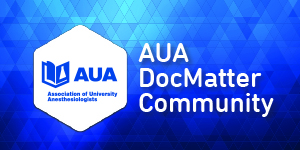Why I Chose to Become an AUA Mentor: Nabil Elkassabany
“We Pay it Forward”: A Personal Account on Mentorship in Academic Anesthesiology
Mentorship plays a crucial role in academic medicine. Many mentors find helping others to be one of the most meaningful contributions they make in their careers. While a mentor serves as a support and anchor to individuals, the impact of the mentor-mentee relationship is multiplied, often many times over.
My motivation to be a mentor through the AUA and the other professional societies stems from my personal experience with outstanding mentors throughout my career in academic anesthesiology. My first faculty position at the University of Pennsylvania required I build a regional anesthesia and acute pain service for the department. My chair at the time, Dr. Lee Fleisher, provided me the support and advice I needed as a new leader in the department.
While I did not have “local” mentors in my same subspeciality, I easily found this mentorship through the ASA and ASRA Pain Medicine Societies. I remain in debt to Dr. Vincent Chan as he helped me navigate many challenges throughout my career while sponsoring me for multiple opportunities at a national level.
Often, I found the best mentors in my peers with whom I would discuss ideas and collaboration within areas of common interest. Many of these peer mentor relationships have ultimately led to great friendships that are still thriving. Dr. Edward Mariano is a prime example of a peer mentor whose wisdom and support has been invaluable to me over the years. A key mantra ingrained upon me through my mentors is that “we pay it forward.” Since then, I have made it a mission to help faculty and trainees both in my institution and beyond. The only thing I ask of them is that they do the same whenever they are in a position to help others. Professional societies, like the AUA, play a pivotal role in providing mentorship opportunities to their members.
Academic anesthesiology is not easy to navigate as there are so many ways today’s academic anesthesiologist can contribute. Representation is equally important in the current era of advancing diversity and inclusion. As a foreign medical graduate, I hope that my career would inspire someone else to pursue their dreams, excel, and contribute to the advancement of our specialty.
Learn More About Becoming an AUA Mentor
